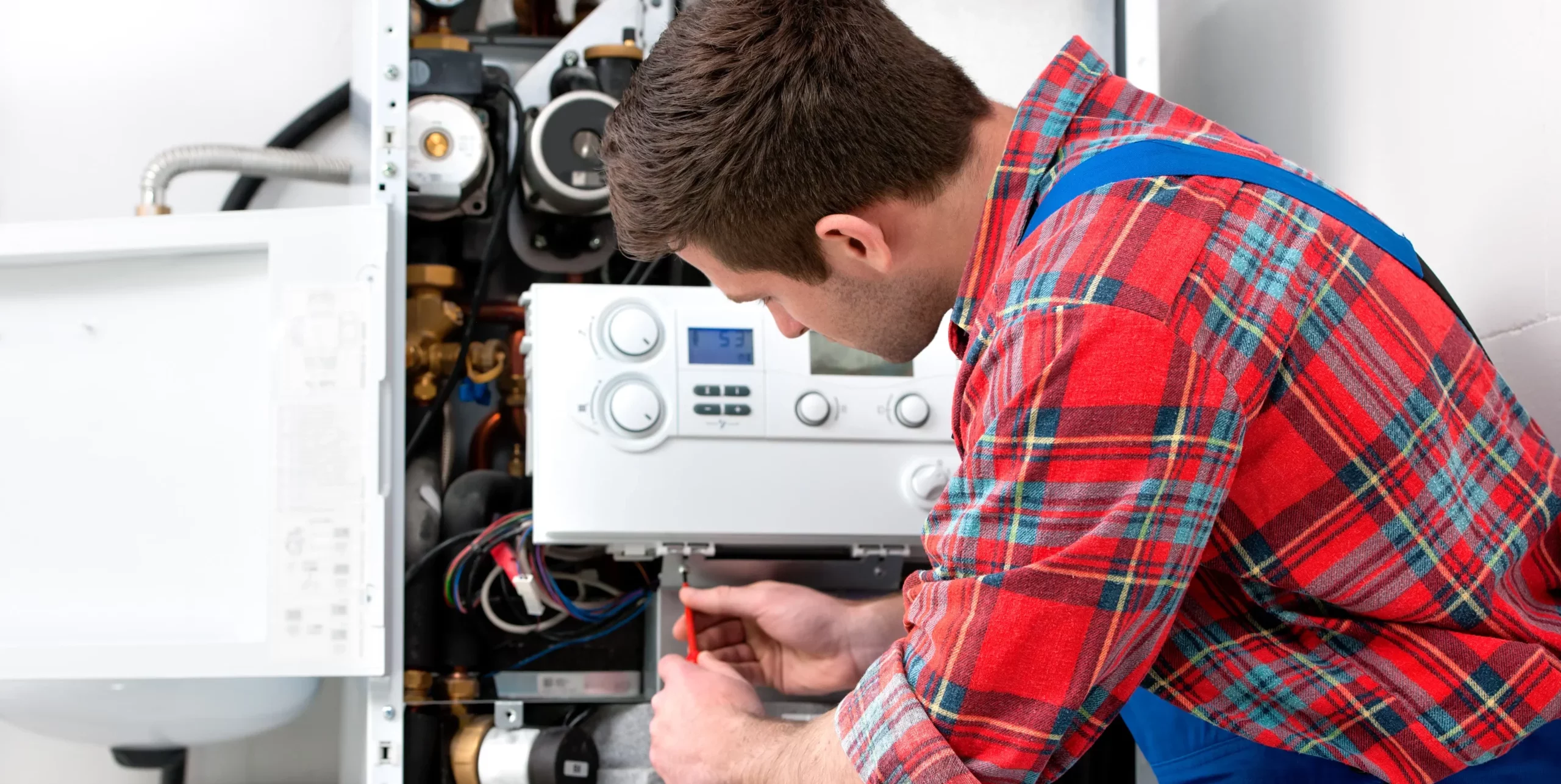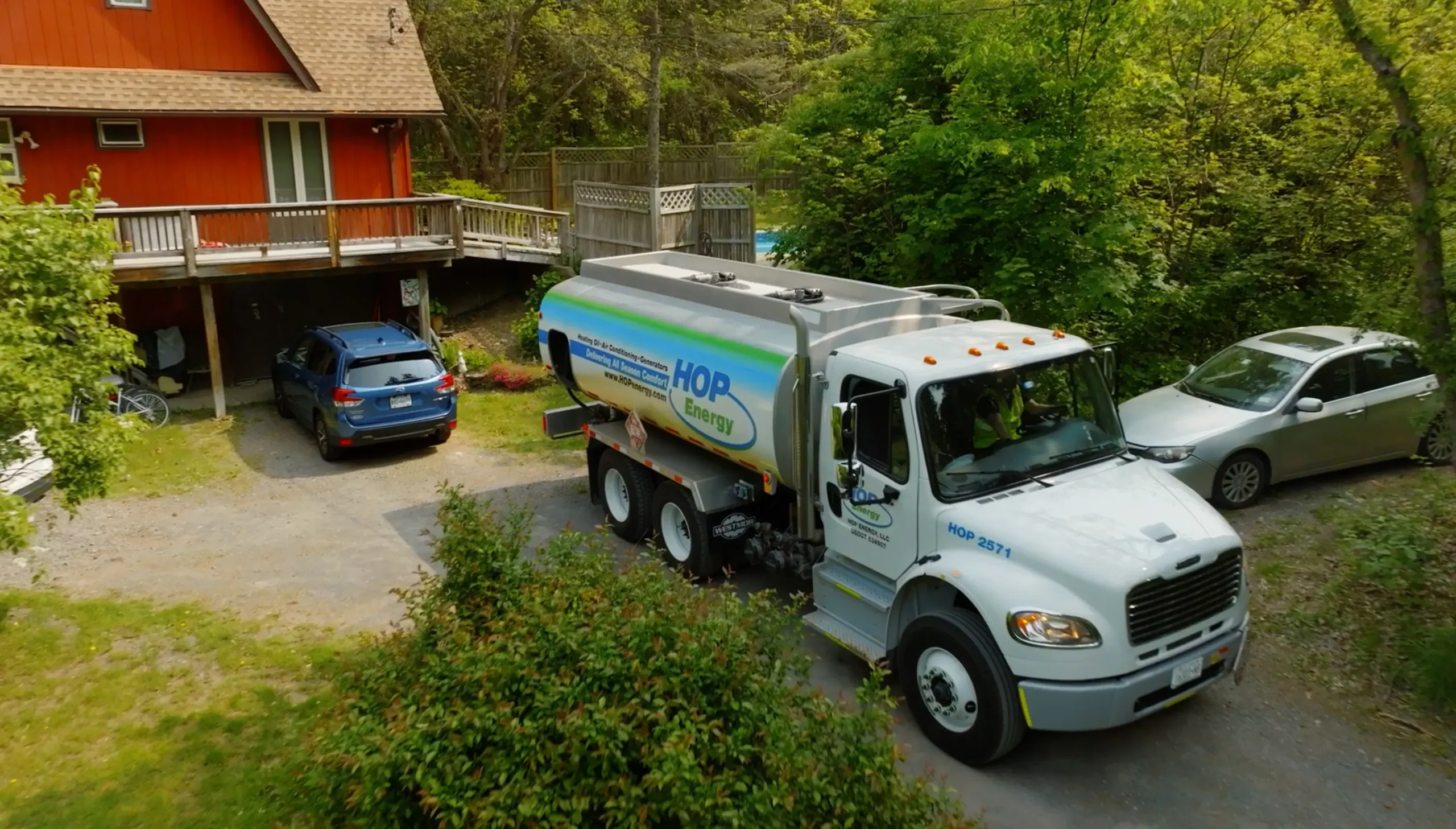Table of Contents

Factors Affecting Home Heating Oil Consumption
Climate and Weather Conditions:
Size and Insulation of Your House:
Efficiency of the Heating System:
The efficiency of your heating system can’t be underestimated in its impact on oil consumption. Older heating systems, especially those with lower efficiency ratings, tend to consume more oil to generate the same level of heat. Transitioning to a newer, more energy-efficient heating system, can lead to significant long-term savings.
Lifestyle and Occupancy Patterns:
Other Heating Oil Consumption Factors:

Estimating Heating Oil Consumption
Calculating BTU:
To determine the heating oil energy requirement of your home, you need to understand British Thermal Units (BTUs), which quantify heat energy. Utilizing online BTU calculators allows you to calculate your home’s BTU requirements accurately.
Considering the Heating System's Efficiency Rating:
The Annual Fuel Utilization Efficiency (AFUE) rating serves as a key indicator of your heating system’s ability to convert fuel into heat. A higher AFUE rating signifies enhanced efficiency and correspondingly lower fuel consumption.
Estimating Annual Heating Oil Consumption:
Measuring Heating Oil Usage:
Understanding Heating Oil Gauges: Your heating oil tank is equipped with a gauge to help you monitor oil levels accurately. Regularly checking the gauge and comprehending its readings are essential practices to prevent unexpected fuel shortages.
Regular Inspections and Maintenance: Consistent maintenance and thorough inspections are indispensable in identifying leaks, inefficiencies, or other issues that might lead to wastage or increased consumption.

Managing Heating Oil Usage
Using Thermostats:
Insulation:
Regular Heating System Maintenance:

Lifestyle Modifications
Efficient Hot Water Usage:
Alternative Heating Sources:

Tracking Heating Oil Usage
Using Apps:
Budgeting and Planning Oil Usage:
Keeping meticulous records of heating oil deliveries and consumption supports informed budgeting and pre-emptive planning for refills.
How HOP Can Help
HOP Energy stands as an industry leader with an innate understanding of the intricate dynamics governing heating oil consumption. With a commitment to sustainability and energy efficiency, HOP Energy offers a range of solutions tailored to empower homeowners in making informed decisions about their home heating oil needs. From providing energy-efficient heating systems to offering advanced monitoring tools, HOP Energy is your ideal HOP Energy is your ideal partner in optimizing your heating oil usage for both your benefit and the environment’s.





